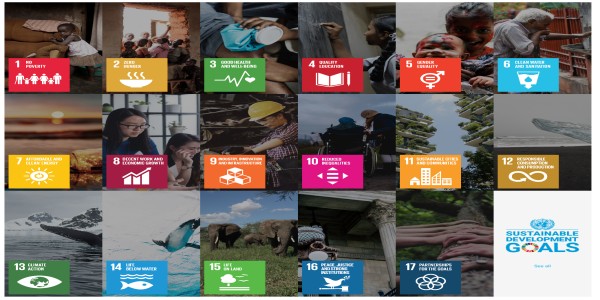I live in two worlds that do not talk to each other
A very, very bizarre world.
I’ve been living for a few years now as I were immersed or compenetrated, up to my ears, in two worlds that do not talk to each other.
On one side, there are lots of serious numbers and studies about climate change, depletion of raw resources and, tightly connected to those two issues, if not their cause, rampant inequality.
On the other side, as you can read here, there are lots of serious numbers and studies about the Internet of Things, or driverless cars, or 5G, no 6G mobile networks… all coming Real Soon Now, all wonderful, all booking colossal amounts of money and raw resources, while showing no awareness at all of the existence of any of those other numbers and studies. Not even to criticize them. As if they were about another planet.
In 2019, Graeber compared this situation to a new “Entente Cordiale” in which “the technocrats would be allowed to live in one theoretical universe, while politicians and news commentators would continue to exist in an entirely different one”.

This week, I have found an ever better, explicit description and confirmation of this state of things in “Inside the Digital Society: The Sustainable Development Goals, the environment and the digital society”. These are the main points of the part of that article about “the environment and technology within the Sustainable Development Goals (SDGs)” of the United Nations:
- From an environmental perspective, the world today faces three great challenges, which are concerned with climate change, pollution and resource depletion (this last including land and water). All three of these pose fundamental challenges for sustaining economic growth (and therefore social welfare).
- [BUT] Only one of these three themes - the most existentially critical, the climate - is given its own SDG (Goal 13), and that cedes leadership to the United Nations Framework Convention on the subject.
- Other SDGs… have environmental aspects, but there’s no crosscutting strategy for pollution or resource depletion.
- There’s no plan, aside from the Framework Convention’s view of climate change, to remain within what are called the “planetary boundaries” that represent tipping points beyond which environmental change could become irreversible.
As said, continues here. Read it.
Suggestions on how to diminish this cognitive dissonance are extremely welcome. I mean, this is not against technological progress as such. It is not neoluddism. If all those announcement of technoutopias did explicitly acknowledge those other numbers and studies, and definitely disproved them, it would be OK. But living in two worlds that do not talk to each other cannot be good. This negationism cannot be good. Not even for business.
(*) also here